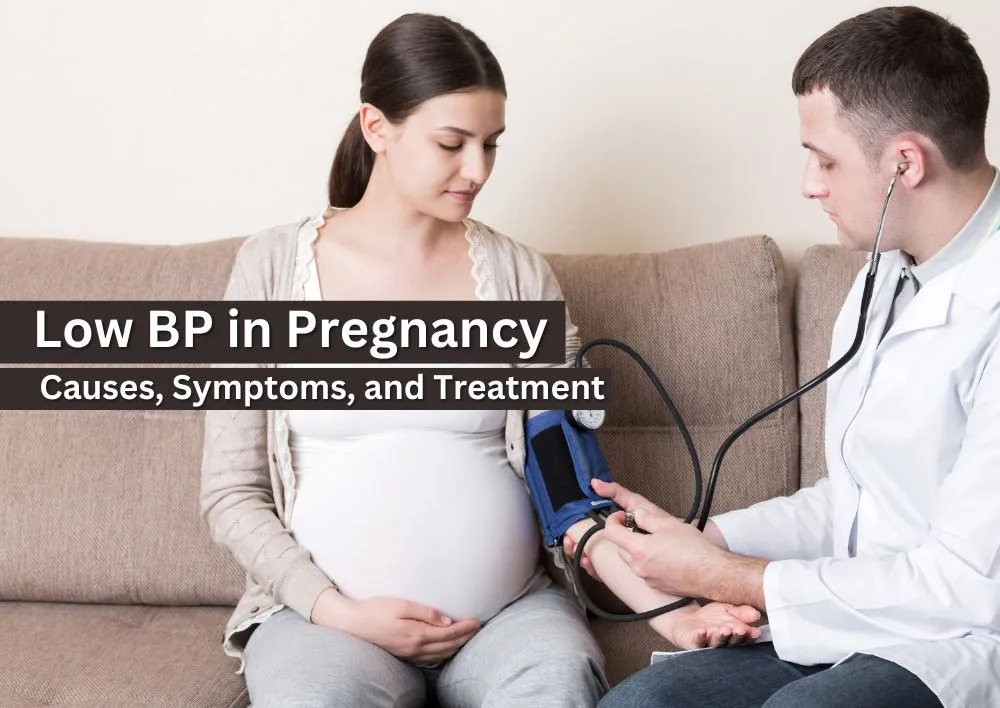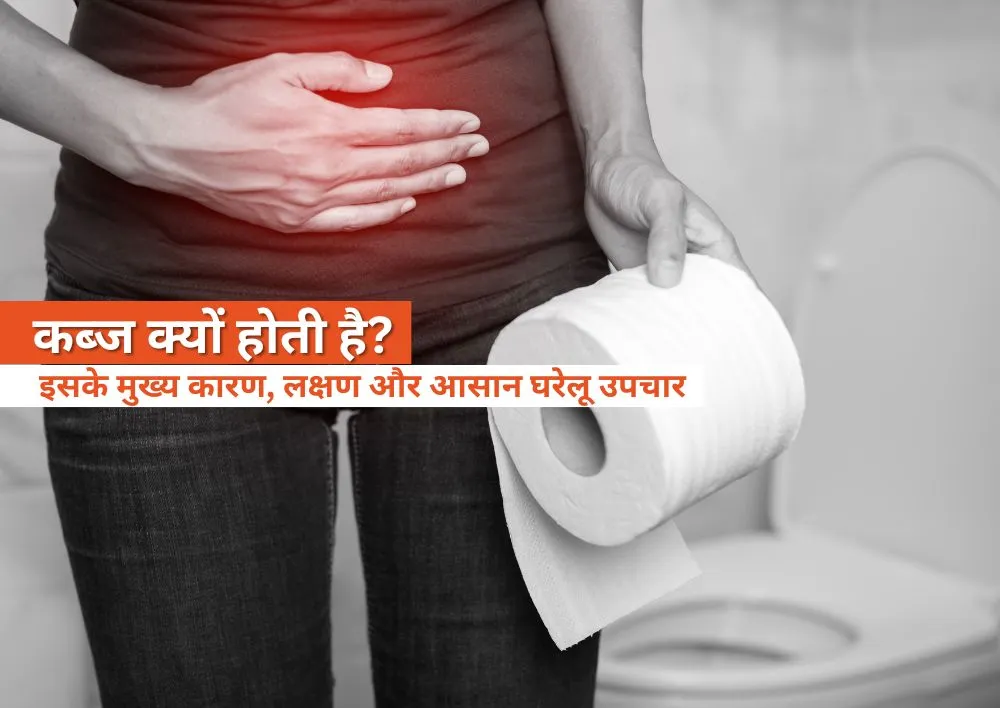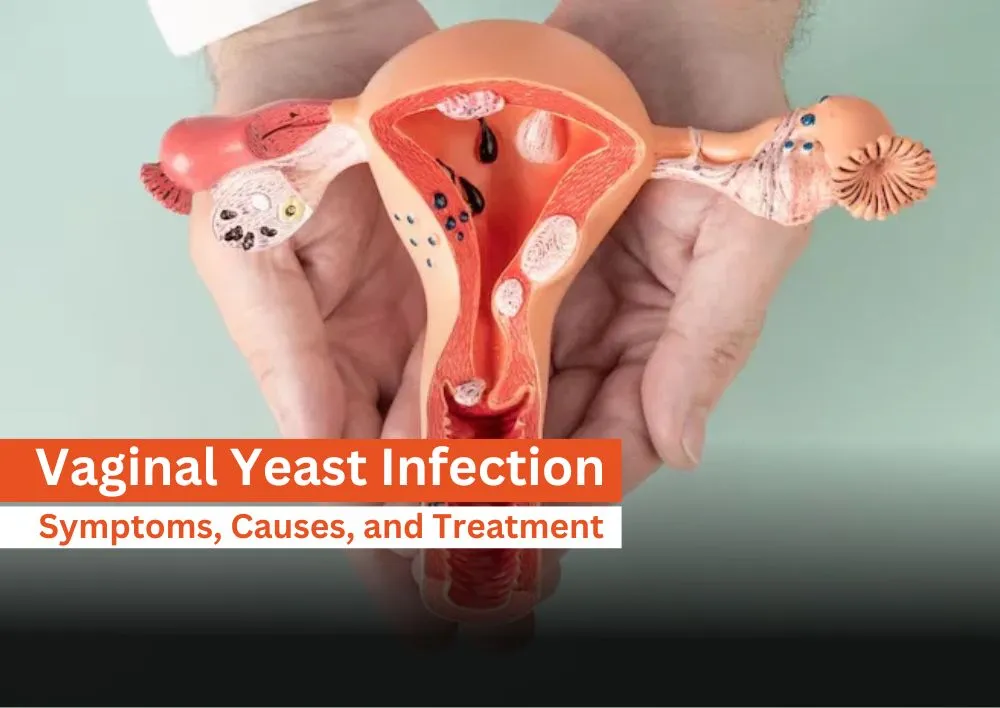Low BP in Pregnancy: Causes, Symptoms and Treatment
Summary: Low BP in pregnancy is a common condition that often results from hormonal changes and increased blood flow demands. While usually not harmful, it can lead to symptoms like dizziness, fatigue, and nausea. Managing it through proper hydration, balanced nutrition, and regular prenatal check-ups can help maintain maternal and fetal health.
Overview
Feeling dizzy, faint, or unusually tired during pregnancy? It could be due to low blood pressure (low BP), a common but usually ignored issue that many pregnant women face. While most people are aware of the risks associated with high blood pressure in pregnancy, low BP also comes with its own set of concerns and discomforts.
In this blog post, one of the renowned gynaecologists in Gurgaon at Miracles Apollo Cradle provides insights into the causes and symptoms of low BP during pregnancy, along with safe and effective ways to manage it.
What is Low Blood Pressure (Low BP) in Pregnancy?
Low BP, or hypotension, occurs when your blood pressure drops below 90/60 mmHg. It is most common in early pregnancy due to hormonal changes that relax your blood vessels. While generally harmless, it can lead to symptoms like:
-
Dizziness or lightheadedness
-
Fainting
-
Fatigue
-
Blurred vision
In rare cases, severely low BP may affect blood flow to your baby, which is why regular prenatal checkups are important.
Why Does Low BP Happen in Pregnancy?
Low blood pressure (low BP) during pregnancy happens due to several natural changes in the body. Here are some common reasons:
-
Hormonal changes: In early pregnancy, hormones like progesterone relax the blood vessels to support increased blood flow to the baby. This can lead to low blood pressure.
-
Expansion of the circulatory system: Your blood vessels expand to support the growing fetus, which can lower blood pressure.
-
Lying on your back: In the later stages of pregnancy, lying flat can press the uterus against a major vein, reducing blood flow and lowering blood pressure.
-
Dehydration: Not drinking enough fluids can cause or worsen low BP.
-
Nutritional deficiencies: Lack of essential nutrients like iron or vitamin B12 can affect blood volume and pressure.
-
Sudden changes in position: Standing up too quickly can lead to a drop in blood pressure, known as postural hypotension.
Common Symptoms of Low Blood Pressure in Pregnancy?
Here are the common symptoms of low blood pressure during pregnancy:
-
Dizziness or lightheadedness: Especially while standing up quickly or changing positions.
-
Fainting: In more severe cases, reduced blood flow may cause blackouts.
-
Fatigue or weakness: Feeling unusually tired despite resting well.
-
Nausea: Sometimes accompanied by dizziness.
-
Blurred vision: Due to decreased blood supply to the eyes and brain.
-
Cold, clammy skin: This may occur if blood pressure drops too low.
-
Rapid or shallow breathing: As the body tries to compensate for low blood flow.
-
Lack of concentration: Feeling foggy or unable to focus.
These symptoms are usually mild but should be monitored, especially if they interfere with daily life.
When does Low BP in Pregnancy Occur?
Low blood pressure during pregnancy most commonly occurs during the first and second trimesters.
-
First trimester (Weeks 1–12)
During the first trimester (weeks 1–12), rising progesterone levels cause blood vessels to relax, which can result in lower blood pressure.
-
Second trimester (Weeks 13–26)
Blood pressure may remain low as your body continues to adjust to the increased blood flow needs of the baby.
-
Third trimester (Weeks 27–40)
Blood pressure may start to rise back to pre-pregnancy levels. However, lying on your back in this stage can cause a sudden drop in BP due to pressure on major blood vessels.
If low BP symptoms like dizziness, blurred vision, or fainting become severe, it is important to consult your doctor.
How to Raise Low Blood Pressure During Pregnancy?
If you are dealing with low BP during pregnancy, here are some safe and simple ways to gently raise your blood pressure and feel better:
1. Increase Fluid Intake
Drink at least 8–10 glasses of water daily. Coconut water, fresh juices, and ORS can also help maintain electrolyte balance.
2. Eat a Balanced Diet
Include foods rich in iron, such as leafy greens, dates, and lentils, along with vitamin B12 sources like eggs and dairy products. These nutrients support healthy blood volume and enhance energy levels.
3. Snack Smart
Keep healthy snacks handy, like dry fruits, nuts, or whole-grain crackers, to avoid sudden drops in blood sugar and BP.
Avoid Long Gaps Between Meals
Eat small, frequent meals to maintain steady energy and blood pressure levels.
1. Add a Little Salt (If Advised)
Sometimes, your doctor may recommend slightly increasing salt intake to help raise blood pressure, but only do this under medical guidance.
2. Avoid Standing for Long Periods
Prolonged standing can worsen symptoms. If you have to stand, try shifting your weight and moving your legs.
3. Lie on Your Left Side
This position improves blood flow to the heart and helps relieve pressure on major veins, especially in the third trimester.
What to Eat If You Have Low BP in Pregnancy?
The following food recommendations can help raise or stabilize your blood pressure levels and improve your energy throughout the day.
1. Increase Salt Intake, But Only as Advised by Your Doctor
Salt plays an important role in increasing blood pressure levels. However, pregnant women should increase their salt intake only after consulting their doctor. Try adding a little extra salt to your meals or include foods like salted buttermilk, lightly salted soups, and vegetable broths. Always choose natural sources of salt, like rock salt or iodized salt, over processed or packaged salty snacks.
2. Stay Hydrated with Healthy Fluids
Staying hydrated is important to reduce the risk of low blood pressure due to dehydration. Try to drink at least 8 to 9 glasses of water in a routine. You can also include hydrating and nutrient-rich options like coconut water, which helps restore lost electrolytes.
-
Consume fresh fruit juices like orange, pomegranate, or watermelon juice.
-
Lemon water with a pinch of salt and sugar for energy and hydration.
-
Clear soups and homemade vegetable broths
Keeping your body hydrated helps maintain healthy circulation and blood volume, both of which are crucial for managing low blood pressure.
3. Include Iron-Rich Foods in Your Daily Diet
Low iron levels or anemia can further contribute to fatigue and low blood pressure. Pregnant women should focus on eating foods rich in iron, such as:
-
Leafy greens like spinach, fenugreek, and moringa leaves
-
Beetroot, which improves blood flow and iron levels
-
Pomegranate, which is packed with antioxidants and iron
-
Dried fruits like dates, raisins, and apricots
-
Pulses, lentils, and legumes
-
Lean meats and eggs, especially if you’re non-vegetarian
Iron-rich foods help improve the oxygen-carrying capacity of your blood, which in turn supports a stable blood pressure.
4. Focus on Folate and Vitamin B12
Folate (Vitamin B9) and Vitamin B12 play a key role in the production of red blood cells. A lack of these nutrients may lead to fatigue and lower blood pressure. To support your daily needs, include foods such as:
-
Milk, curd, and paneer
-
Eggs
-
Green vegetables like broccoli, cabbage, and asparagus
-
Fortified cereals and whole grains
If needed, your doctor may also prescribe supplements to meet your daily folate and Vitamin B12 requirements during pregnancy.
5. Eat Small, Frequent Meals
Rather than having three heavy meals, try eating five to six smaller meals spaced throughout the day. This approach helps keep your blood sugar stable, maintains energy levels, and reduces the risk of sudden blood pressure drops. Focus on including nutrient-rich foods such as:
-
Whole grain bread, oats, and brown rice
-
Fruits like bananas, apples, and oranges
-
Boiled eggs or grilled paneer cubes
-
Roasted nuts and seeds
-
Low-fat yogurt or smoothies
-
Keeping healthy snacks on hand helps prevent nausea and fatigue between meals.
6. Add Potassium-Rich Foods to Your Diet
Potassium plays a key role in maintaining fluid balance, supporting healthy heart and nerve function, and helping to regulate blood pressure levels.
Include potassium-rich options like:
-
Bananas
-
Oranges and sweet lime
-
Sweet potatoes
-
Avocados
-
Cooked spinach and other green leafy vegetables
These foods are not only good for blood pressure but also promote fetal growth and development.
7. Foods and Habits to Avoid
Just as there are foods that help manage low blood pressure, there are also some habits and items you should avoid to prevent your BP from dropping too low.
-
Avoid skipping meals, as long gaps between meals can cause your blood sugar and blood pressure to fall.
-
Limit your intake of oily, spicy, and fried foods, which can slow digestion and lead to discomfort.
-
Cut down on excessive caffeine. While a small amount is generally safe in pregnancy, too much coffee or tea can lead to dehydration and worsen low BP symptoms.
-
Stay away from processed or packaged snacks high in salt and preservatives. These can cause water retention and may not provide the necessary nutrition your body needs.
Conclusion:
Low BP in pregnancy is fairly common and typically not harmful, but it can lead to discomfort and disrupt daily routines. Staying well-hydrated, following a balanced diet rich in iron and essential vitamins, avoiding long meal gaps, and adopting a few lifestyle changes can help ease the symptoms. If the issue persists or worsens, it's best to consult a female gynaecology doctor near you. With the right care and regular monitoring, you can support a healthy and safe pregnancy for both you and your baby.
Frequently Asked Questions
Hormonal changes, especially increased progesterone, cause blood vessels to relax, lowering blood pressure.
Yes, low BP can be an early sign due to hormonal shifts affecting blood vessel tone.
Stay hydrated, eat small, frequent meals, include iron-rich foods, and avoid standing for long periods.
Yes, it is common, especially in the first and second trimesters.
Yes, many pregnant women experience low blood pressure due to natural body changes.
It is usually not harmful but can cause dizziness and fatigue; consult a doctor if symptoms persist.







_in_Pregnancy.webp)





Was the information useful?
0 0